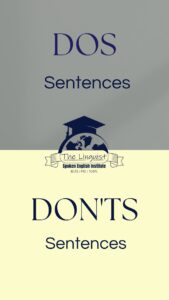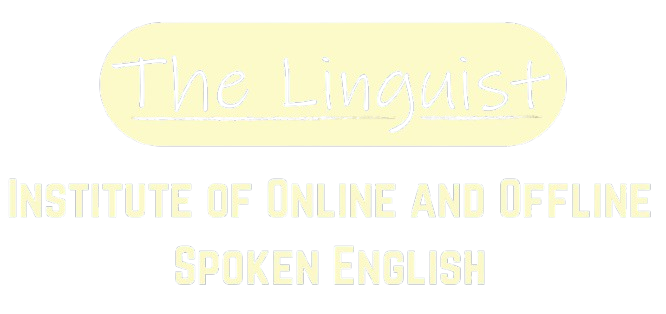
100 Basic and Advanced Adverbs
Basic and Advanced Adverbs 1–10 1. Quickly – at a fast speed He ran quickly. वह तेजी से दौड़ा। तो तोपाट धावला. 2. Slowly

Basic and Difficult Adjectives
Basic and Difficult Adjectives Set 1: Adjectives 1–50 1. Big – large in size He lives in a big house. 2. Small – little in

Different Sentences Used with a Police.
Different Sentences used with a Police. ✅ Part 1: 25 Simple Sentences 1. I lost my phone. मेरा फोन खो गया। माझा फोन हरवला।

Basic and Advanced Sentences used at Home.
✅ 25 Basic Sentences Used at Home 1. Please don’t disturb me, I’m trying to concentrate. कृपया मुझे परेशान मत करो, मैं ध्यान लगाने

50 Basic and Advanced Sentences Used While Traveling
50 Basic Sentences Used While Traveling. 1. I need to book a hotel room. मुझे होटल का कमरा बुक करना है। मला हॉटेलचे रूम

Sentences used at a hospital
Sentences used at a hospital 1. I would like to book an appointment. मैं एक अपॉइंटमेंट लेना चाहता हूँ। मला अपॉइंटमेंट घ्यायची आहे। 2.

Small Talks (From Basic to Advance)
1) How are you? तुम कैसे हो? तू कसा आहेस? 2) What’s going on? क्या चल रहा है? काय चाललंय? 3 How was your day?

Dos and Don’ts
Sentences with Don’t. 1. Don’t ask. Hindi: मत पूछो। Marathi: विचारू नकोस। 2. Don’t cry. Hindi: मत रोओ। Marathi: रडू नकोस। 3. Don’t talk!

Vocabulary
1) Antsy Adjective Meaning: Impatient and restless Example: He became antsy waiting for his turn. — 2) Fling / Flung / Flung Verb Meaning:

Questions for a Shopkeeper
Questions for a Shopkeeper. What do you want to buy? आप क्या खरीदना चाहते हैं? तुम्हाला काय खरेदी करायचं आहे? How much quantity do you

Snob and Snobbish
1. He is a snob. वह घमंडी है। तो गर्विष्ठ आहे। 2. He is not a snob. वह घमंडी नहीं है। तो गर्विष्ठ नाहीये। 3.

Speculate / Speculations
A. Positive Sentences 1. I speculate he is rich. मैं सोचता हूँ कि वह अमीर है। मी विचार करतो की तो श्रीमंत आहे। 2.
